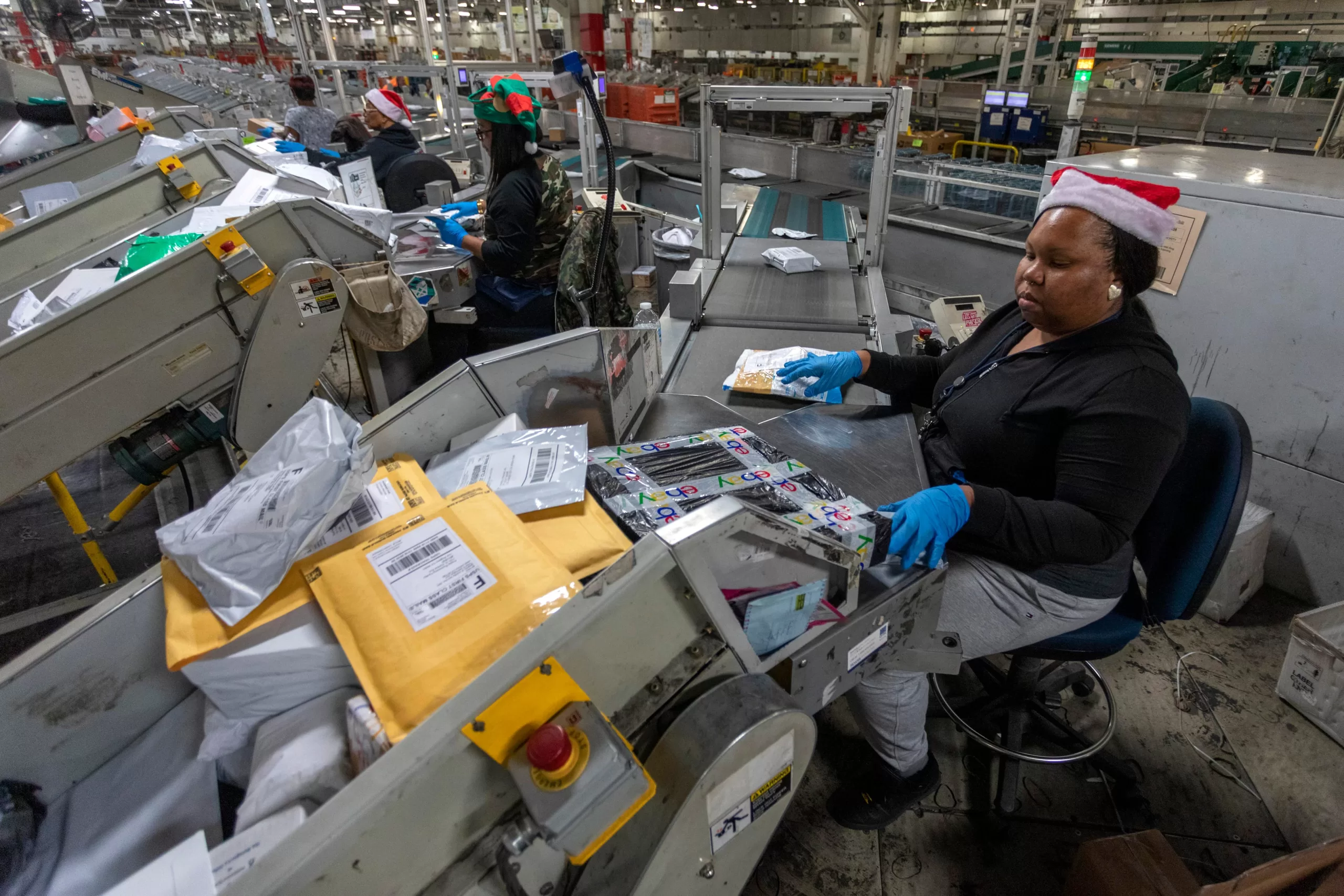By MIKE MAGEE
His biography states, “He speaks to philosophical questions in regards to the fears and potentialities of latest know-how and the way we will be empowered to form our future. His work to bridge cultures spans synthetic intelligence, cognition, language, music, creativity, ethics, society, and coverage.”
He embraces the title “cross-disciplinary,” and but his PhD thesis at UC Berkeley in 1980 “was one of many first to spur the paradigm shift towards machine studying based mostly pure language processing applied sciences.” Credited with inventing and constructing “the world’s first global-scale on-line language translator that spawned Google Translate, Yahoo Translate, and Microsoft Bing Translator,” he’s clearly a “connector” in a world presently consumed by “dividers.” In 2019, Google named De Kai as “one in all eight inaugural members of its AI Ethics Council.”
The all encompassing problem of our day, as he sees it, is relating to one another. As he says, “The most important worry is worry itself – the way in which AI amplifies human worry exponentially…turning us upon ourselves by AI powered social media driving misinformation, divisiveness, polarization, hatred and paranoia.” The worth system he embraces “stems from a liberal arts perspective emphasizing creativity in each technical and humanistic dimensions.”
Dr. De Kai is feeling particularly pressing lately, which is a bit out of character.
As a 7 yr outdated youngster of Chinese language immigrants in St. Louis, he spoke little English, saying what wanted to be stated on the household’s piano. Summers have been spent backwards and forwards between Hong Kong and the states. Others observed he’d sneak in some blues to the classical items, inflicting his grandfather to comment the synthesis items sounded “Chinese language” to him. This led the budding linguist/musicologist to later mirror that “That received me considering. I spotted that the way in which we perceive music is actually depending on the cultural body of reference we undertake.”
Music and know-how married throughout his PhD work at UC Berkeley, and ultimately grounded 4 many years of analysis in “pure language processing and computational creativity.” He has earned the best to relax, however is something however relaxed lately, and the reason for his anguish is existential synthetic intelligence.
As he stated not too long ago, “We’re on the verge of breaking all our social, cultural and governmental norms…Our social norms weren’t designed to deal with this degree of stress.”
De Kai has morphed into an AI Ethicist. He’s on a private quest and anxious to reveal his soul. The questions that maintain him up at night time all take into account whether or not he’s parenting his “AI youngsters” correctly. “Am I setting instance? Am I function mannequin? Do I communicate respectfully to AI and train them to respect variety, or do I present them that it’s okay to insult individuals on-line?”
His focus is solidly on the right here and now, as a result of he doesn’t imagine time is on our aspect. “We have now extra AIs immediately which can be a part of our society. These are functioning, integral, energetic, imitative, studying, influential members of society greater than most — in all probability extra influential than 90 p.c of human society — in shaping tradition…. Despite the fact that these are actually weak AI’s, the tradition that we’re collectively shaping with our synthetic members of society is the one below which each successive stronger technology of AI’s shall be studying and spreading their tradition. We’re already in that cycle and we don’t notice it as a result of we don’t have a look at machines from a sociological standpoint… That is unprecedented, given the methods we have now created to develop and relate, each good and dangerous, shall be exponentially elevated by AI. On this approach, the affect it’s going to have on society and tradition shall be unimaginable.”
Elevating “conscious AI’s” within the age of Trump isn’t any small feat. It calls for that AI youngsters be “conscious of their moral obligations.” Pulling this off within the developed world with an more and more fractured academic system that pits science/know-how in opposition to humanities shall be a exceptional problem. As De Kai places it, “It’s the single worst potential time in historical past to have an schooling system that cripples individuals to be unable to assume deeply throughout these boundaries, about what humanity is within the face of know-how.
To perform “A.I. alignment with the objectives of humanity,” could require Individuals to look at their very own well being and wellness in a fashion that might be profoundly uncomfortable. Inhabitants welfare, philosophical treatises, and political compromise are usually not precisely our cultural sturdy fits.
How will we do with these competing priorities, wonders De Kai in a latest New York Instances Op-Ed: “Brief-term prompt gratification? Lengthy-term happiness? Avoidance of extinction? Particular person liberties? Collective good? Bounds on inequality? Equal alternative? Diploma of governance? Free speech? Security from dangerous speech? Allowable diploma of manipulation? Tolerance of variety? Permissible recklessness? Rights versus obligations?”
“Tradition issues. A.I.s are actually an on a regular basis a part of our society”,says De Kai. Altering tradition, as well being professionals know, is a tall order. It’s about compassion, understanding and partnerships. It’s about therapeutic, offering well being, and protecting people, households and communities entire. And – most significantly – it’s about managing population-wide worry, fear and nervousness.
What De Kai is getting down to do is to vary our historic tradition (one constructed on self-interest, hyper-competitiveness, and mistrust of excellent authorities). This can be a tall order – one thing that folks, pastors, politicians and physicians equally acknowledge. Issues evolve, and tough issues take time.
Mike Magee MD is a Medical Historian and common contributor to THCB. He’s the writer of CODE BLUE: Inside America’s Medical-Industrial Complicated.




















